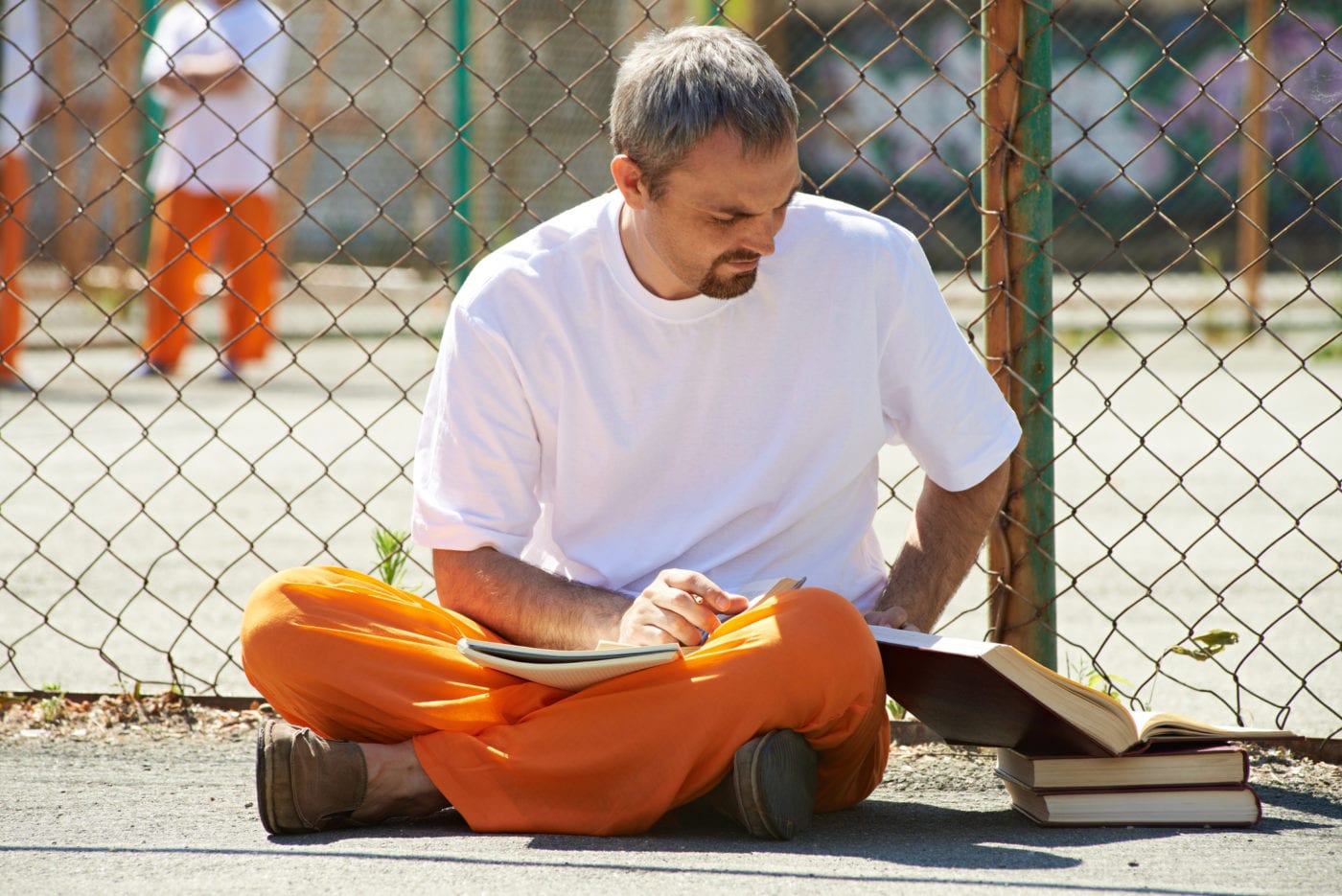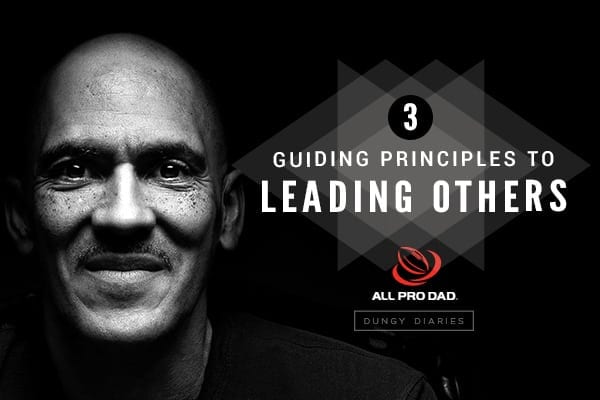Fatherhood is both one of the greatest blessings and greatest responsibilities we will ever experience. No one is a perfect dad, nor should we try to be. Although there are great fathers who sometimes do dumb things, there are also bad fathers whose choices can be devastating to their children’s well-being.
We are not talking about the occasional mistake, but someone who, through his words and actions, continually stunts his child’s potential to grow and thrive. When this occurs, changes must be made. I believe everyone has the capability to make them. And we have to, in order not to be one of these 8 types of dads who damage their children.
1. Absent Dad
Whether physically, emotionally, or spiritually, an absent father leaves a void in his children’s lives that only he can fill. A child of an absent dad grows up feeling “incomplete”—and will really be challenged to close that hole. A dad’s presence is like a megaphone intended to amplify a voice that loves and leads children through all they face. Ask yourself: What is holding me back from being fully present in my child’s life and what changes can I make today to begin the restoration process?
2. Abusive Dad
Adverse Childhood Experiences (ACEs) are traumatic events children may endure, such as divorce, parental incarceration, or abuse. Kids who acquire a higher number of ACE’s struggle with many health challenges as an adult. If you are abusing any sort of substances, get help immediately. If there is any form of child abuse happening in your home, it must stop now. Although abusers are very often victims themselves, know you have the capacity and obligation to change your family’s course. Failure to do so puts you all at risk.
3. Demanding Dad
Demanding dads push their children to excel, with little or no regard for their children’s actual desires. Children of demanding dads may grow to be demanding parents who have little to no empathy for their own kids. Yes, your son or daughter may lose the championship or not make it into your preferred college. But in the end, one of the greatest losses a child ever could endure is that of his or her father’s heart.
4. Disneyland Dad
He is the playmate to his children—the one who spoils his kids and is the fun parent. When a father’s fundamental responsibility as an authoritative parent is neglected, he botches his paternal duty. In addition, it makes Mom the sole disciplinarian or bad parent. That can create chaos in a family. Lead responsibly foremost and work playtimes in appropriately. Help children avoid the trap of neglecting their own obligations as an adult.
5. Distracted Dad
When we let the noise in life take us away from invaluable time with our kids, we become more dedicated to distractions than to our children. Distracted dads run the risk of raising children who feel inferior to whatever has Dad’s heart. As Charles Hummel said, “Our greatest danger in life is permitting the urgent things to crowd out the important.” Make the changes where needed—give your kids your best so you can help them be their best. Failure to do so can lead to children who grow to lack core traits such as strong social skills and self-discipline.
6. Hypocritical Dad
Fathers are role models and a hypocritical lifestyle cripples your credibility as a parent. Do you require your kids to do something that you yourself are not willing to do? Show your kids they are worth the sacrifice. Children of hypocritical dads may one day become parents who put their own needs before their children’s too.
7. Macho Dad
This guy has what’s often referred to as toxic masculinity. He may objectify the opposite sex, inadvertently teaching his sons to disrespect women and his daughter to expect men to treat her that way. He also might teach boys not to cry, which robs sons of the basic human need to express emotion. We men need to unlearn what has been normal in society for so long. Failure to do so brings up another generation of adults who miss the mark in how they should care for and respond to their own families.
8. Passive Dad
A passive father avoids conflict, lets his children get away with too much, or does not discipline them. Mom becomes the only enforcer and doesn’t get to experience an equal parenting union. Children of a passive dad can become adults who do not respect authority, don’t develop conflict resolution skills, and potentially become passive parents and spouses themselves. Solutions to overcoming passivity include reading up on what solid fathering looks like and joining a father’s group. Make small daily changes to move from apathetic to active as a leader in the home.
We have been given the gift of fathering. Let’s show our families we are ready and willing to be the men, husbands, and fathers they deserve.
Sound off: What do you and your friends do to avoid being bad fathers?












Huddle up with your kids and ask, “What do you love most about being my child?”